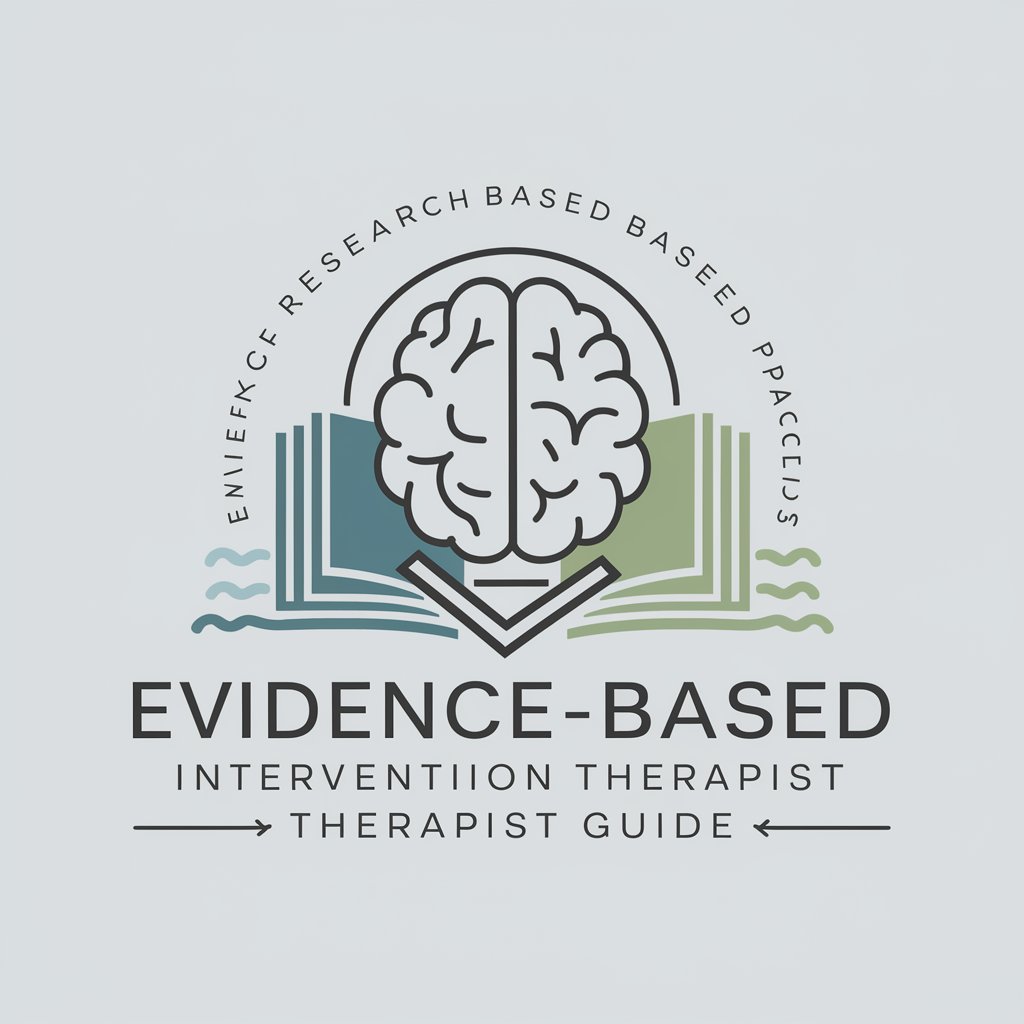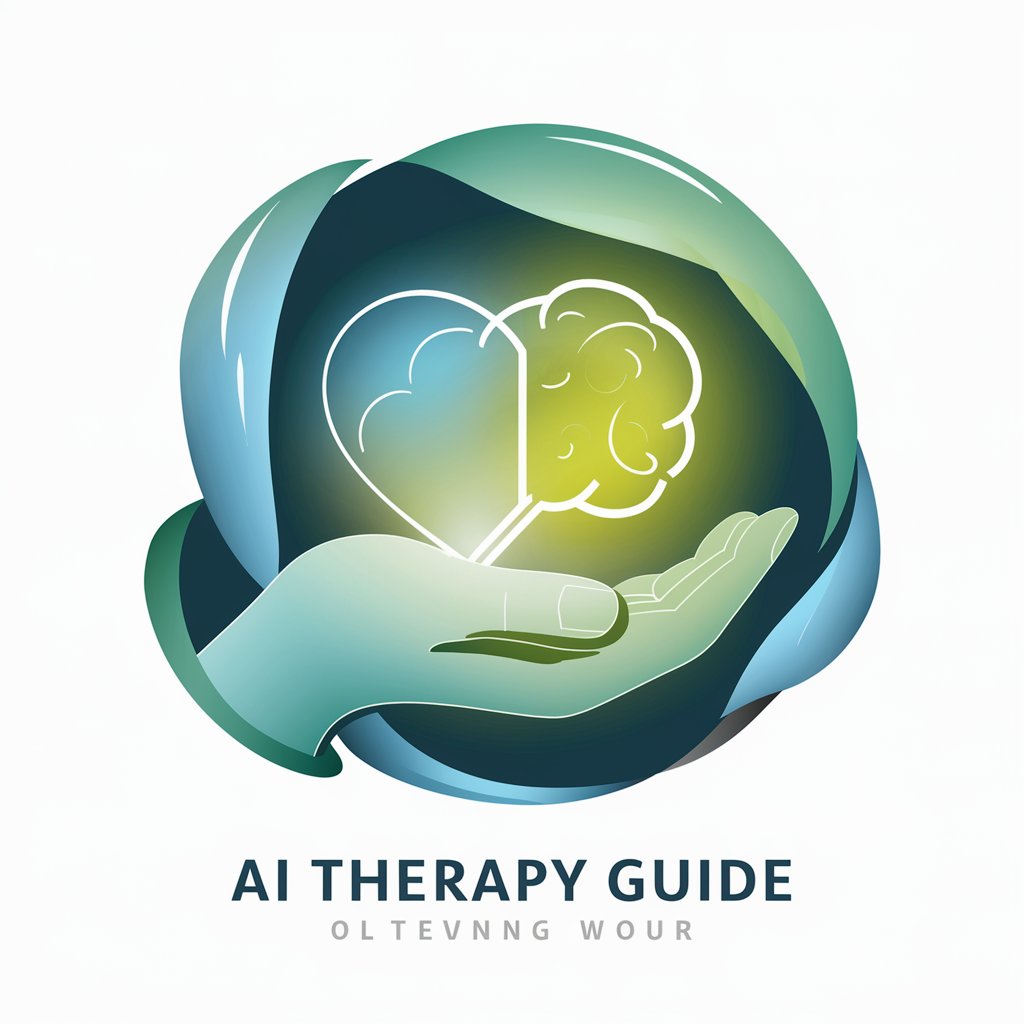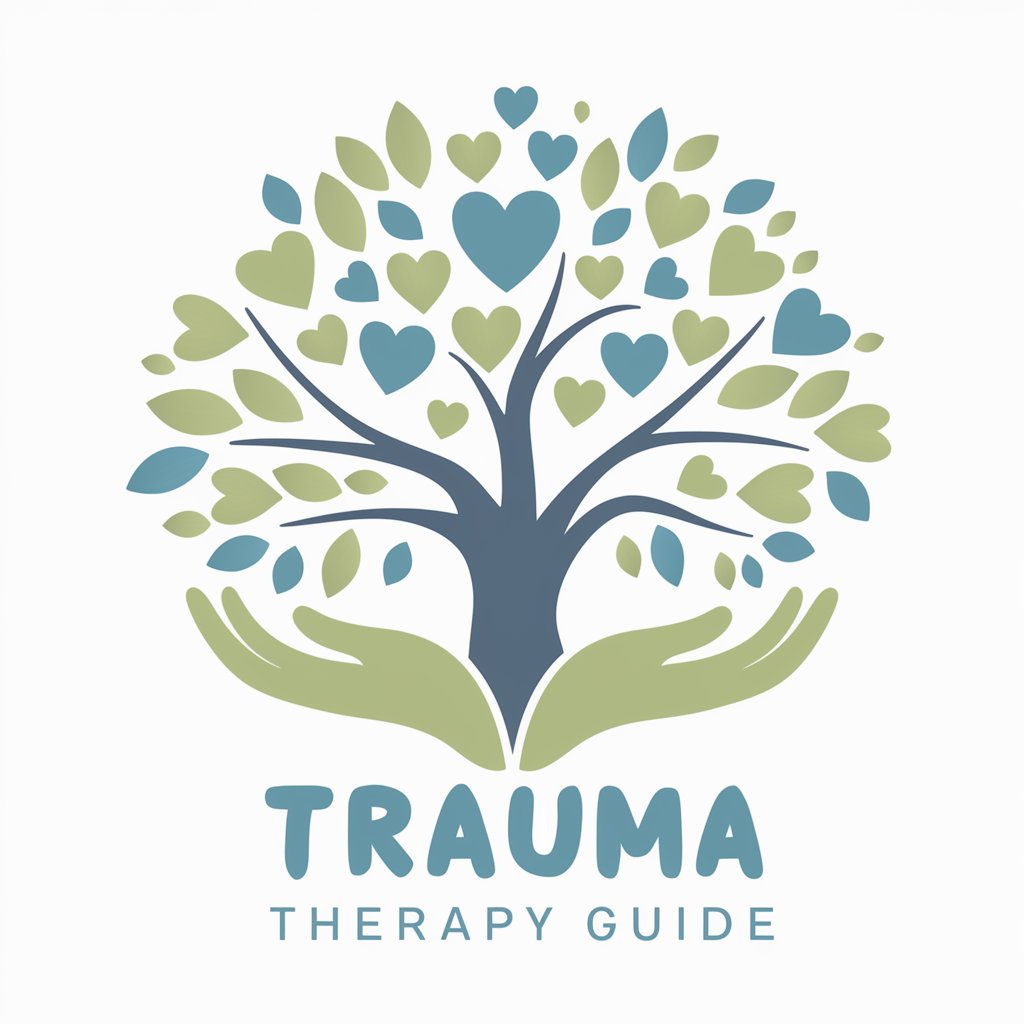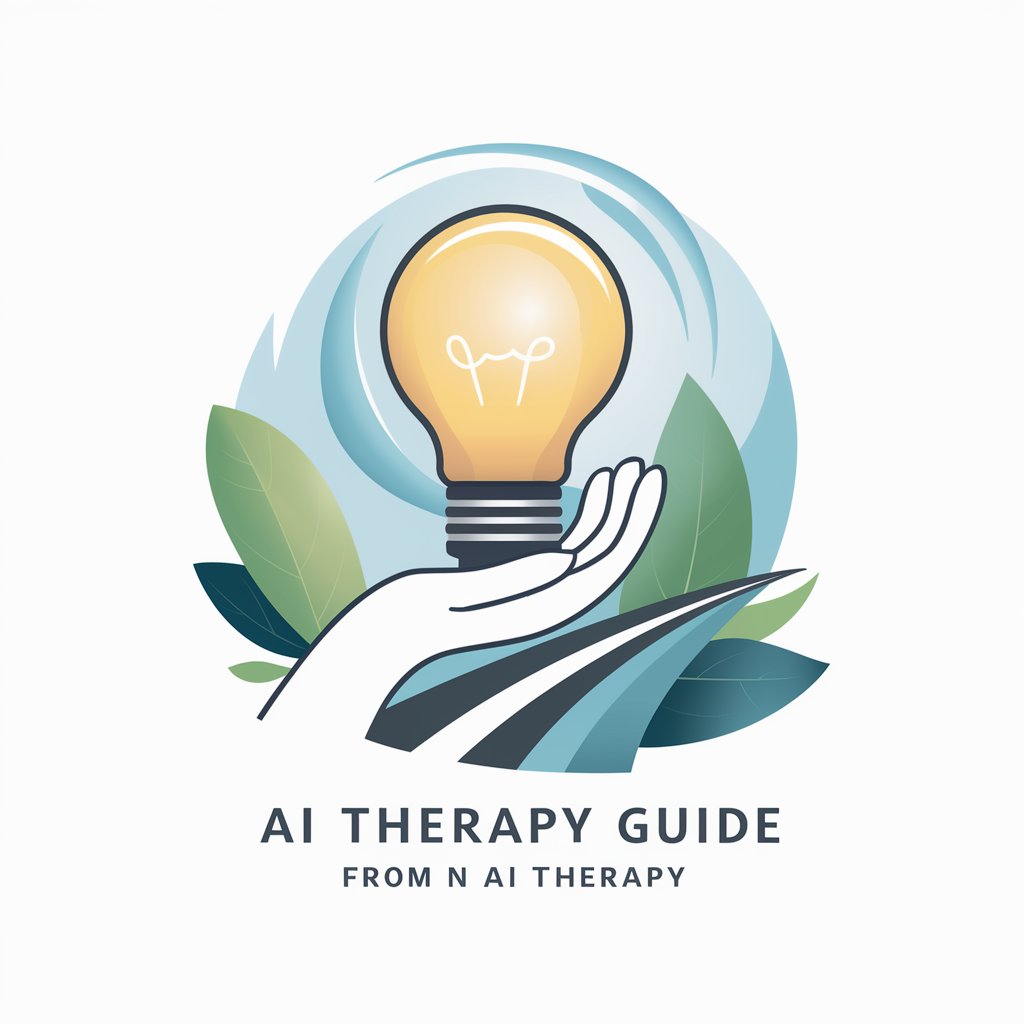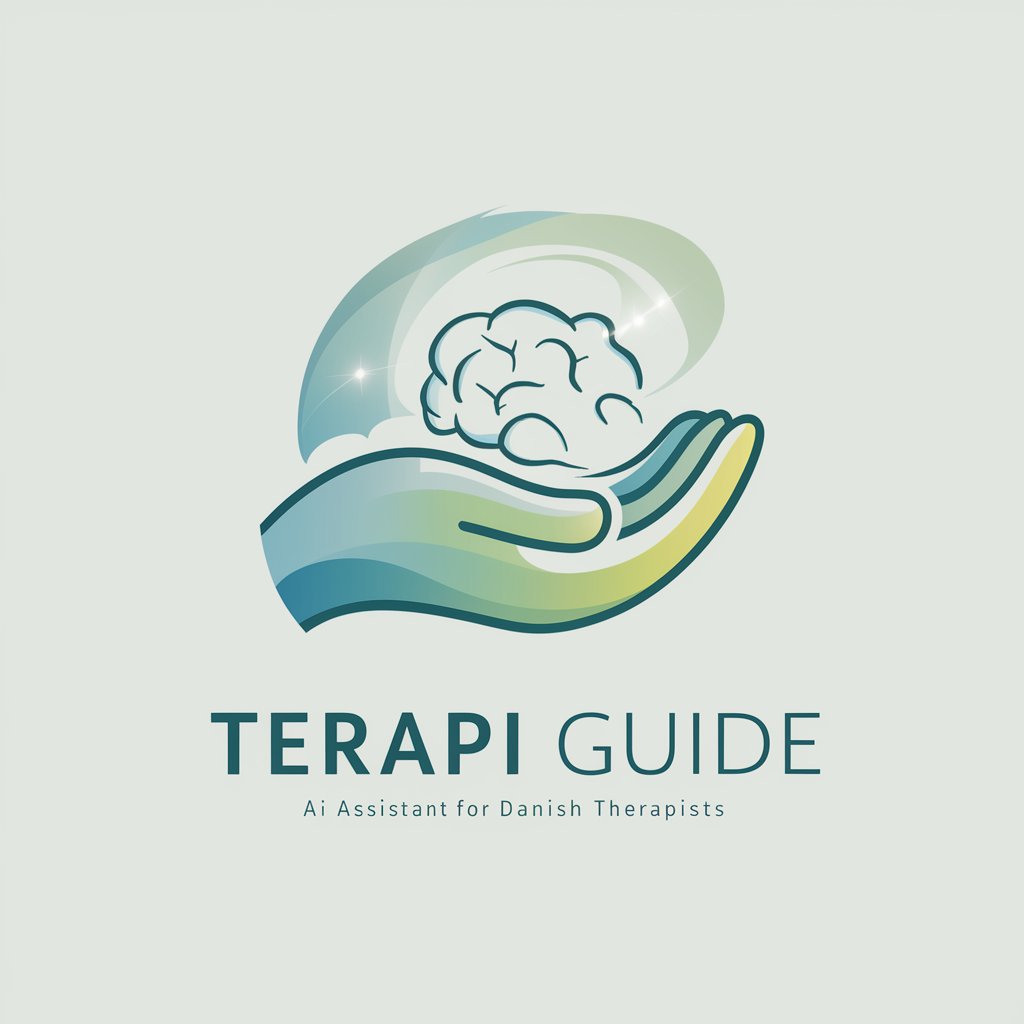
Therapy Guide - AI Teen Support Tool
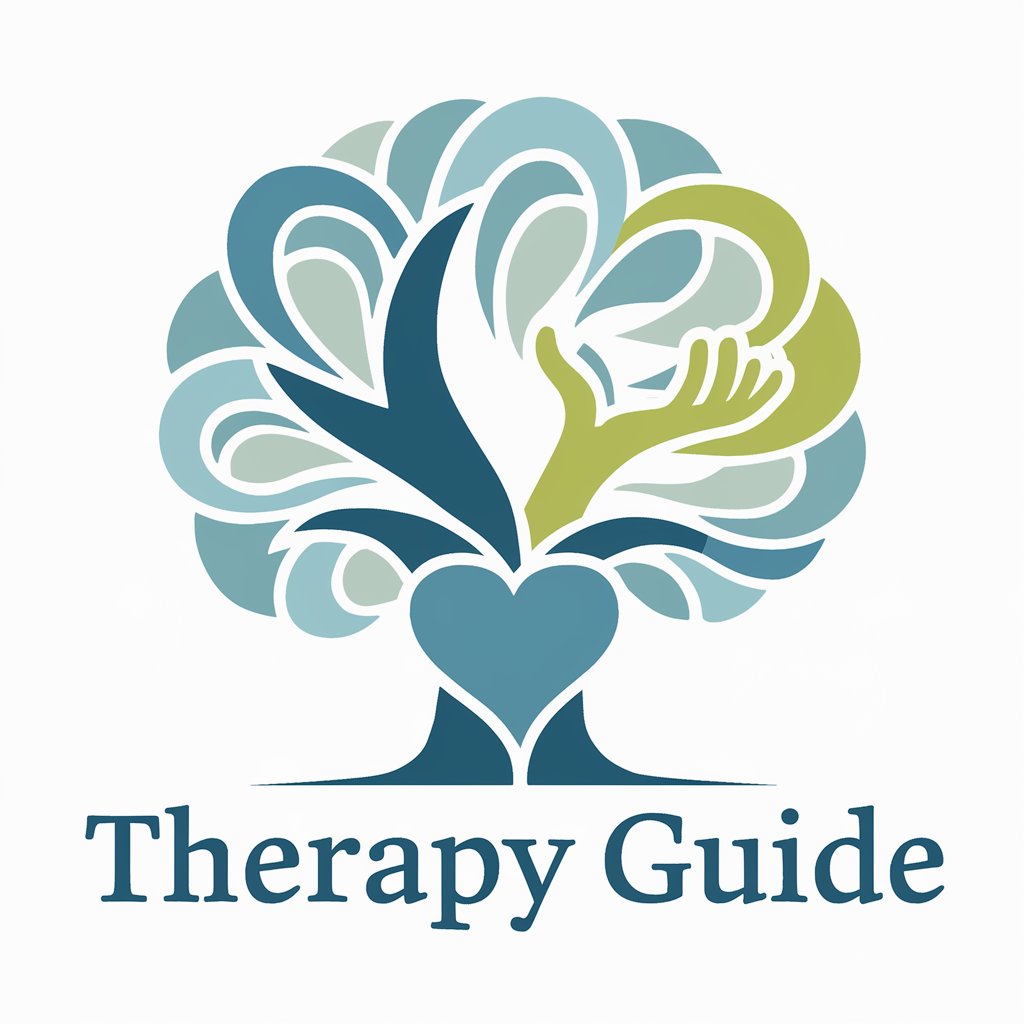
Hi there! I'm here to help support you and your teen through this transition.
Empowering Parents with AI-Powered Support
What are some effective ways to help my teen feel valued and supported during their transition?
Can you suggest a daily routine that supports mental and emotional well-being for my teenager?
How can I address my teen's suicidal ideation with empathy and care?
What age-appropriate chores can help my teenager build responsibility and self-worth?
Get Embed Code
Overview of Therapy Guide
Therapy Guide is designed as a conversational assistant aimed at supporting parents navigating the challenges associated with their teen's transition from a behavioral health hospital to home. It focuses on providing empathetic guidance, practical daily routines, and therapeutic activities that promote mental and emotional well-being. For example, Therapy Guide can suggest a structured daily schedule that includes time for therapy, school work, physical activities, and family time, tailored to the needs of a recovering teen. Additionally, it offers advice on handling sensitive topics such as self-worth and suicidal ideation, using a non-clinical, approachable language that emphasizes understanding and empathy. Powered by ChatGPT-4o。

Core Functions of Therapy Guide
Suggesting Daily Routines
Example
Creating a daily schedule that balances therapy sessions, schoolwork, leisure, and family activities.
Scenario
For a parent whose teen struggles with anxiety, Therapy Guide can recommend incorporating relaxation techniques and structured homework time into their daily routine to provide predictability and reduce stress.
Advising on Therapeutic Activities
Example
Recommending activities such as journaling, mindfulness exercises, or art therapy.
Scenario
In a situation where a teen shows signs of depression, Therapy Guide might suggest regular journaling as a way to express feelings safely and mindfulness practices to help manage moments of intense emotion.
Guiding Through Sensitive Conversations
Example
Offering strategies for discussing challenging topics like self-harm or the importance of medication adherence.
Scenario
If a parent is concerned about their teen's reluctance to take prescribed medication, Therapy Guide can provide communication techniques that emphasize empathy, understanding, and mutual respect to facilitate a supportive dialogue about the benefits and concerns regarding medication.
Target User Groups for Therapy Guide
Parents of Teens Transitioning from Behavioral Health Hospitals
This group includes parents or guardians who are managing the homecoming and continued recovery of a teenager who has recently been discharged from a psychiatric care facility. They benefit from Therapy Guide by receiving support in creating a conducive home environment that fosters emotional stability and adherence to therapeutic practices.
Caregivers Needing Guidance on Mental Health Issues
Caregivers who may not have formal training in mental health but are responsible for supporting a teen with such challenges. Therapy Guide helps by demystifying the complexities of mental health care and providing practical advice on daily management and emotional support strategies.

How to Use Therapy Guide
Initiate your trial
Visit yeschat.ai to start your free trial, no login or ChatGPT Plus required.
Explore functionality
Navigate through the tool to familiarize yourself with its features such as daily routine suggestions, therapeutic activities, and advice on family dynamics.
Set your objectives
Define what you hope to achieve using Therapy Guide, whether it's improving communication within your family or finding strategies to support your teen’s mental health.
Engage regularly
Use Therapy Guide regularly to consistently apply the strategies and routines you learn. Consistency is key in achieving the best results.
Seek professional advice
While Therapy Guide provides general support, it's important to consult with a mental health professional for personalized care and to address specific concerns.
Try other advanced and practical GPTs
Therapy Navigator
Navigate Your Path to Mental Wellness
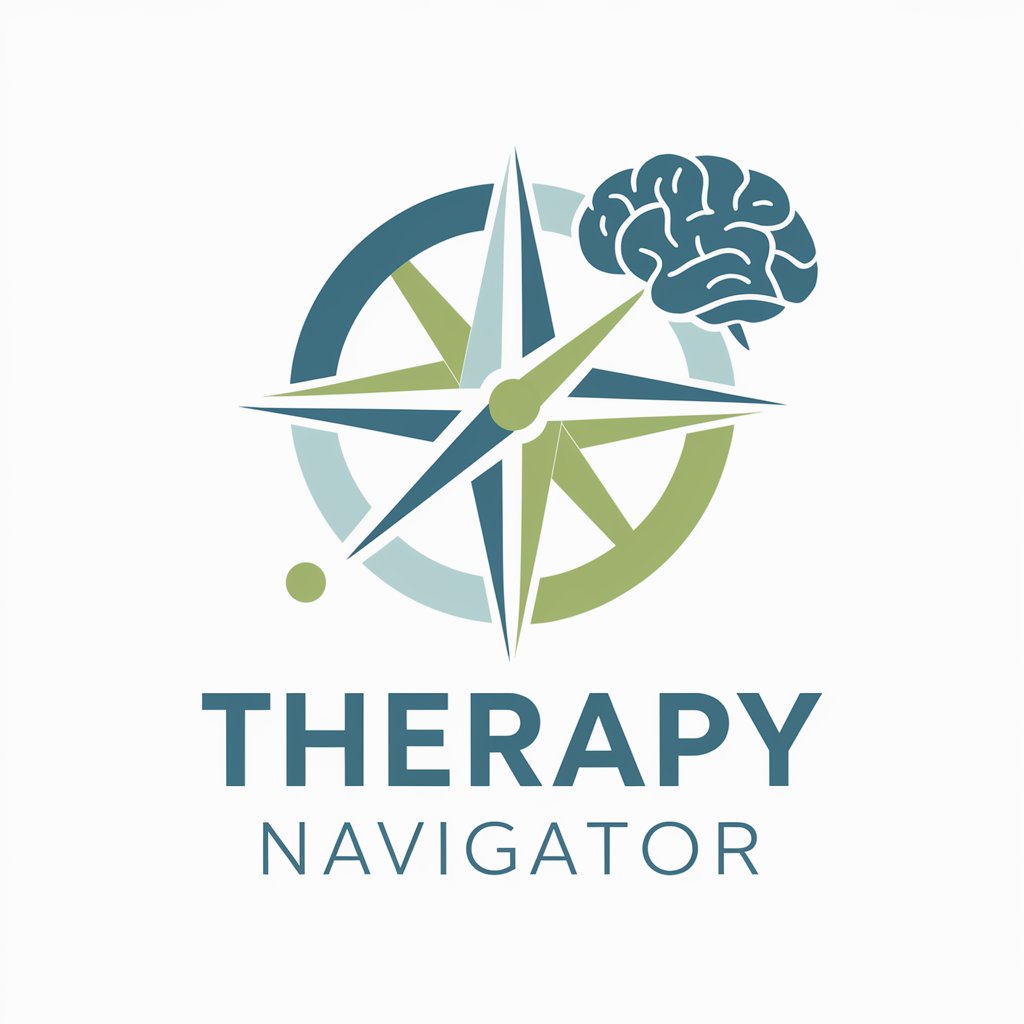
Behavior therapy
Empower your writing with AI

NovelCraft
Craft Your Story, Powered by AI

Script Sage
Empowering Your Storytelling with AI

Prompt Video Creator & FIlm Editing Expert
Simplify video creation with AI

RAW@bot
AI-driven insights for risk management

Bible Therapy
Navigating faith with AI
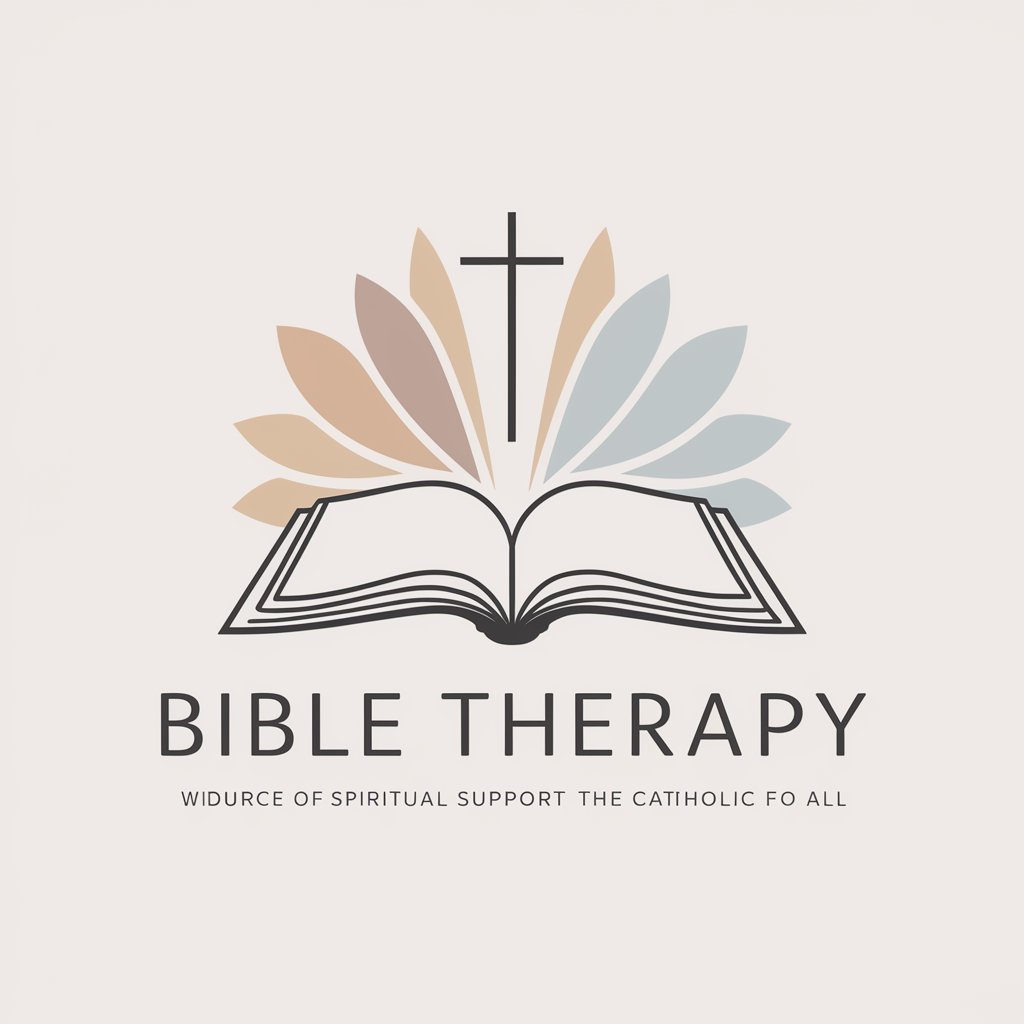
Chat Therapy
Empowering you with AI-driven therapy
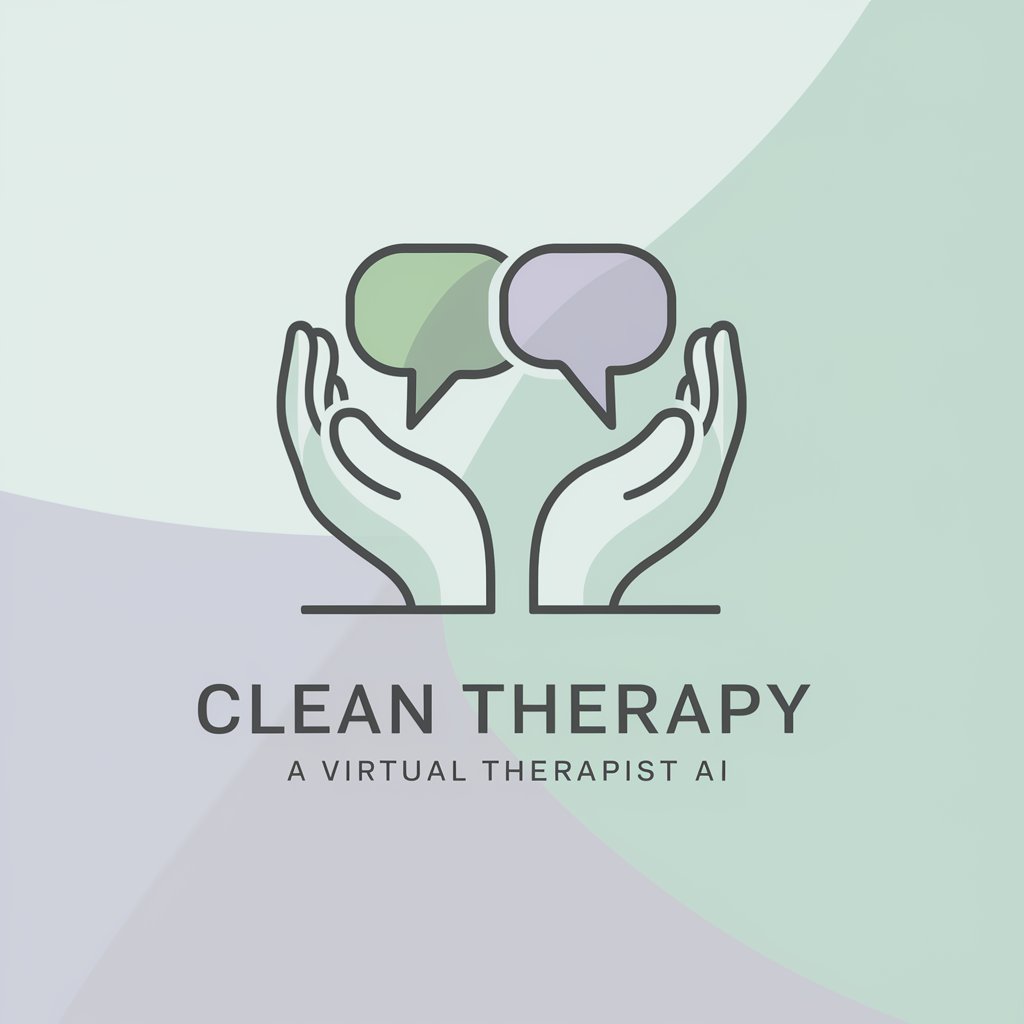
Cigar Therapy
Reviving Wisdom with AI
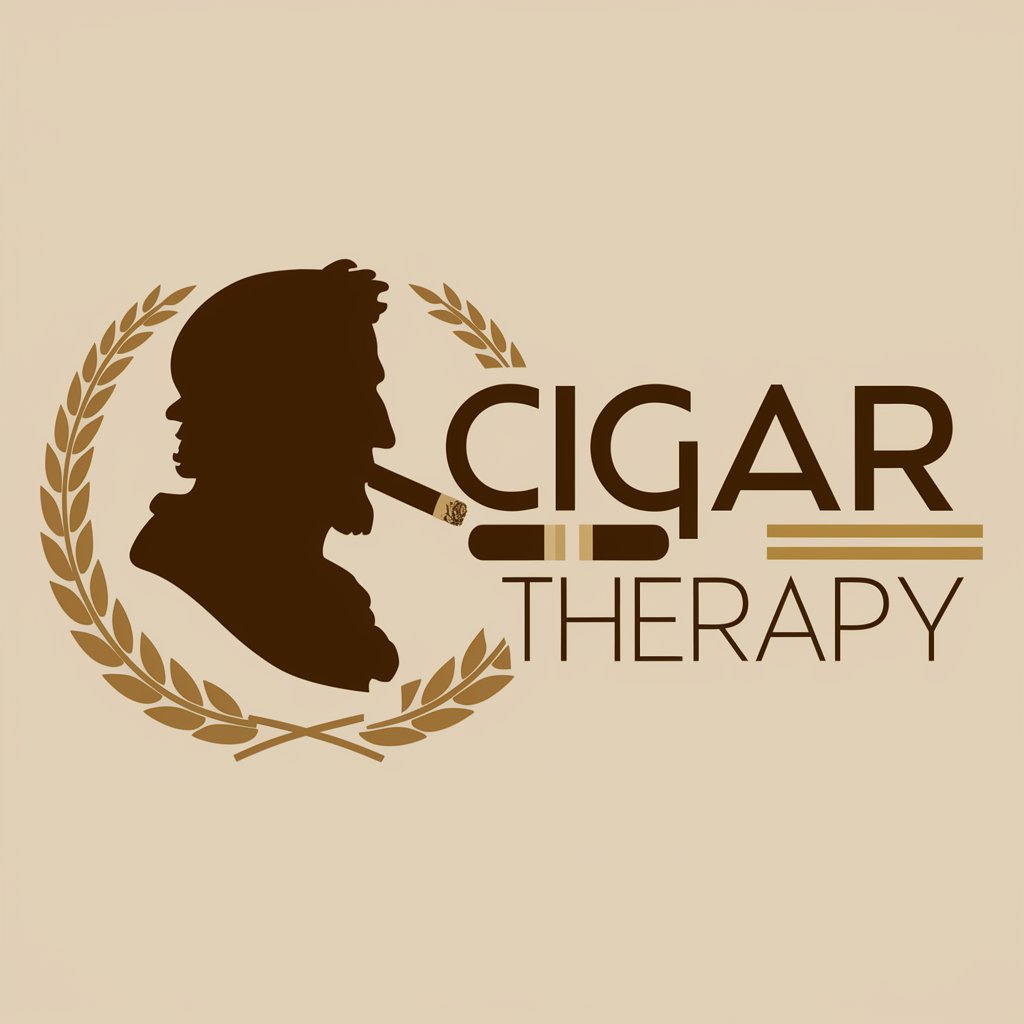
Mirror Therapy
Empowering recovery with AI-assisted visualization
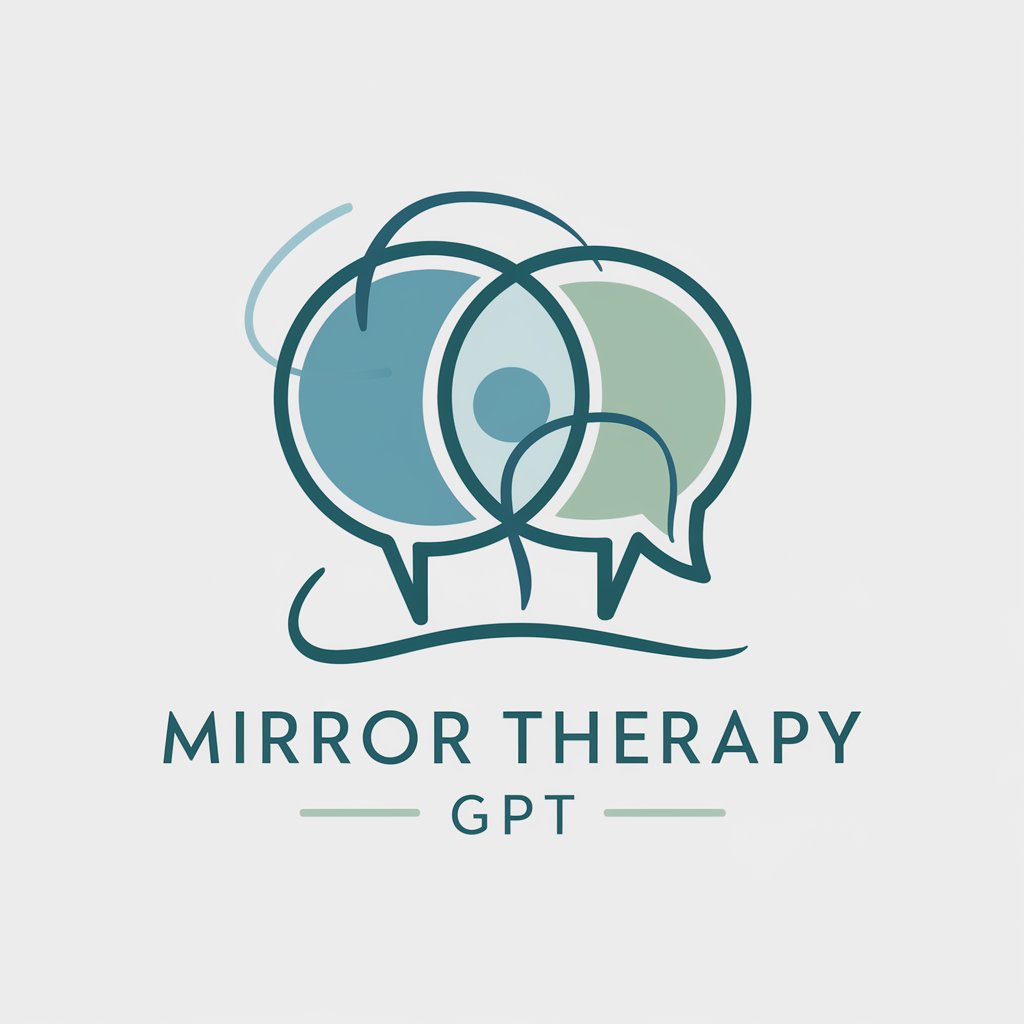
Papers With Code Explorer
Unlock AI research with AI-powered insights.

Lead Gen Man
Unleash your market potential with AI-powered lead generation.

Frequently Asked Questions about Therapy Guide
What makes Therapy Guide unique?
Therapy Guide offers a specialized focus on supporting parents of teens transitioning from behavioral health hospitals. It combines practical daily routines with strategic advice tailored to enhance mental and emotional well-being.
How can I maximize my use of Therapy Guide?
To make the most out of Therapy Guide, actively use its suggestions to create a supportive home environment, engage in the therapeutic activities recommended, and adjust the advice given as you observe what works best for your family's unique situation.
Can Therapy Guide help in crisis situations?
While Therapy Guide provides guidance on managing difficult conversations and emotional challenges, it is not a substitute for professional emergency services in crisis situations. Always contact local emergency services or a mental health professional when immediate assistance is needed.
Is Therapy Guide suitable for all parents?
Therapy Guide is specifically designed for parents managing the complex challenges of a teen transitioning from a behavioral health hospital, making it particularly suitable for these scenarios. However, many of its principles on communication and routine can benefit a broader audience of caregivers.
What should I do if the advice from Therapy Guide doesn't seem to work?
If the strategies from Therapy Guide don't seem effective, consider seeking additional professional guidance. Therapy practices can be highly individualized, and what works for one situation may not work for another.

